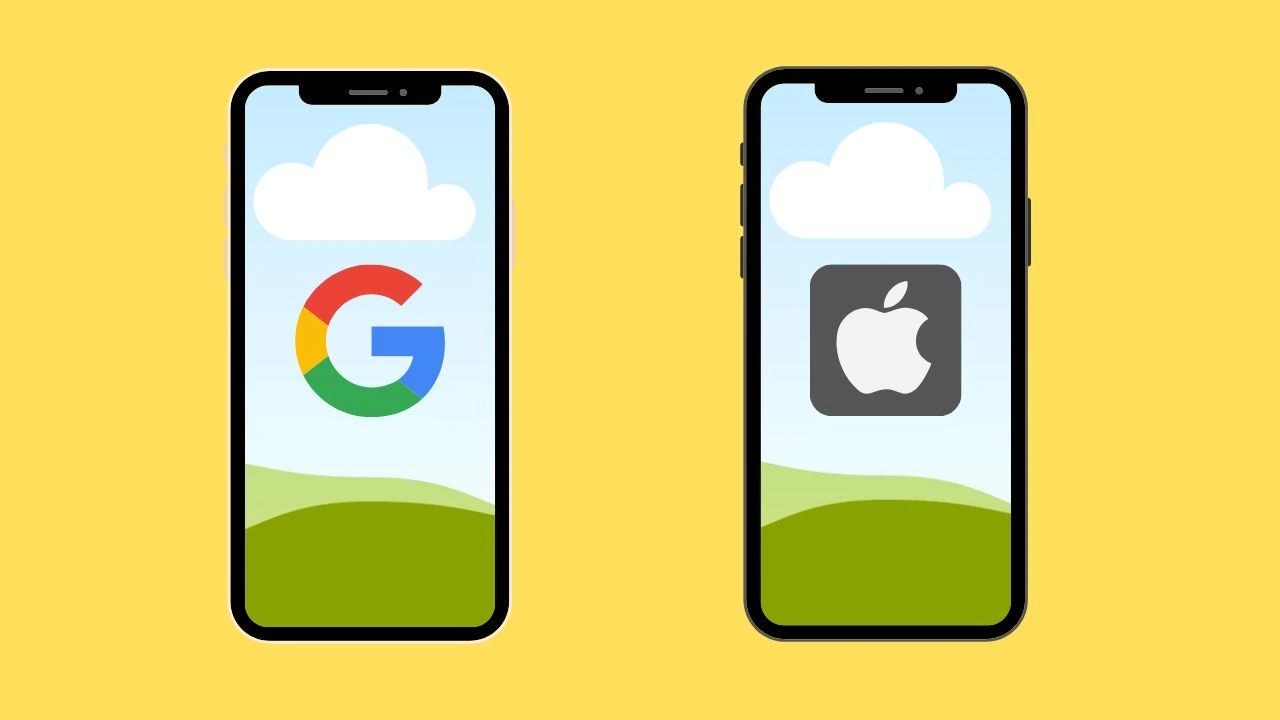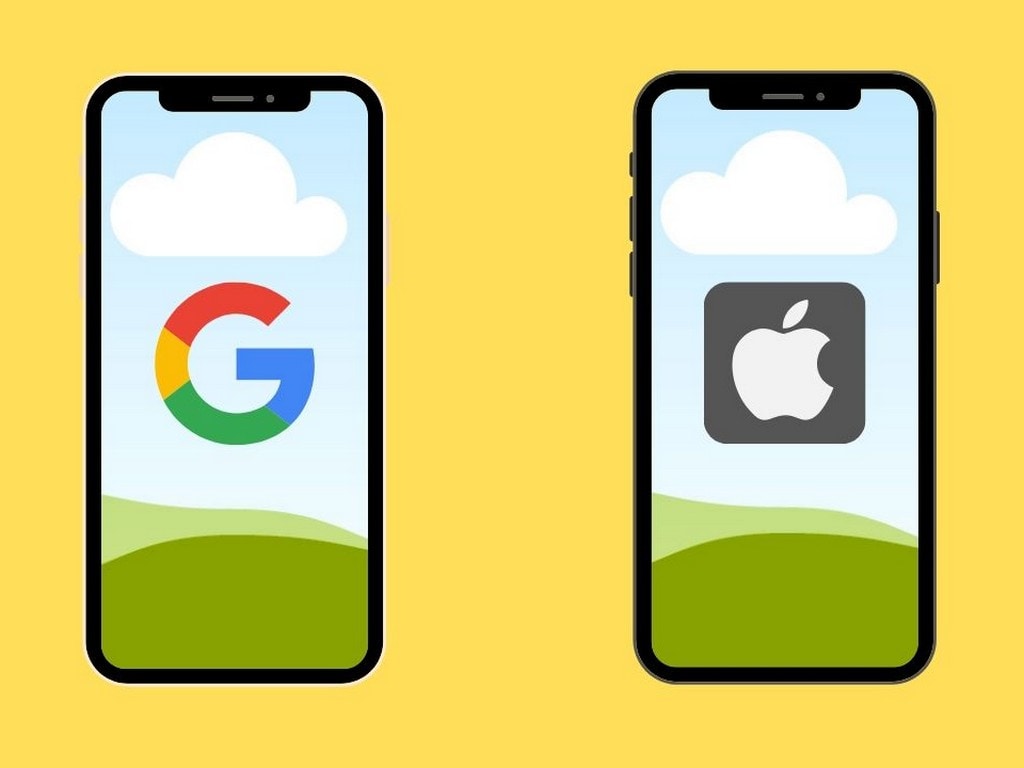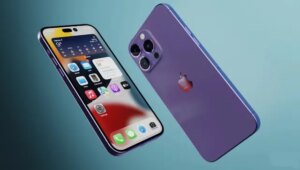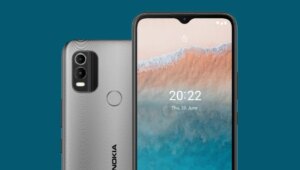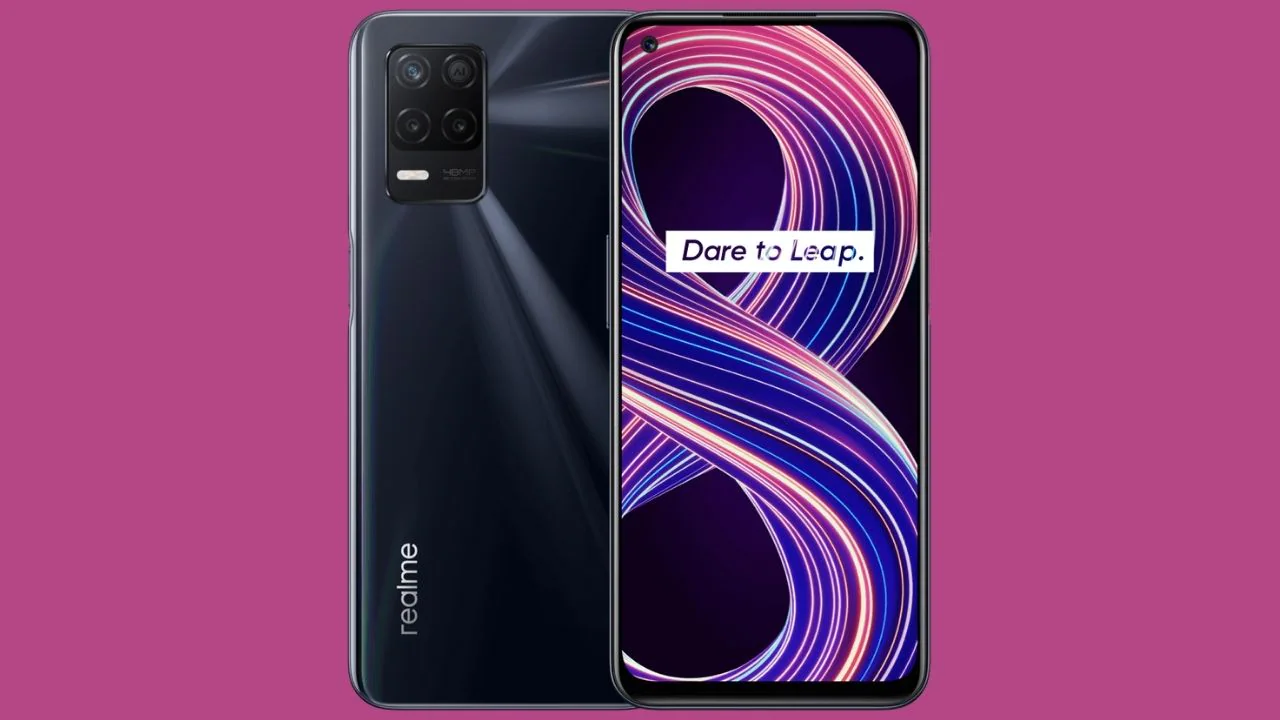tech2 News StaffApr 01, 2021 16:46:50 IST
While you are reading this article, your smartphone is sending a bunch of information like your local network details, your phone number or your location to its OS developer. While it has now become common knowledge that some of the user information is shared with OS developers for a more intuitive experience on a device, a researcher has done a comparative study on the data collected by both Android and iOS and has found that Google’s Android collects about 20 times as much data as its Apple competitor, iOS.
The research was conducted by Douglas J Leith and his team from Trinity College Dublin. Leith and his team compared a Pixel phone made by Google against an iPhone to see which manufacturer collects more user data. The research found that on an average, both Pixel and iPhone models shared data with their respective manufacturers every four and a half minutes. The data collected includes IMEI, hardware serial number, SIM serial number and IMSI, handset phone number, among other things.
“When a SIM is inserted both iOS and Google Android send details to Apple/Google. iOS sends the MAC addresses of nearby devices, e.g. other handsets and the home gateway, to Apple together with their GPS location. Users have no opt out from this and currently there are few, if any, realistic options for preventing this data sharing,” the report reads.
The research also found that a number of the pre-installed apps/services also make network connections, despite never having been opened or used. In particular, on iOS, these apps include Siri, Safari and iCloud. On Android these include the Youtube app, Chrome, Google Docs, Safetyhub, Google Messaging, the Clock and the Google Searchbar.
Apple and Google devices reportedly also send telemetry data even when the users opt out of it. As per the research, within 10 minutes of startup, Google collects about 1 MB of data while Apple collects about 42 KB. When left idle, Google collects about 1 MB data every 12 hours while Apple collects about 52 KB.
The report highlights that the amount of data collected by Apple and Google raises two primary concerns:
1. This device data can be fairly readily linked to other data sources, e.g. once a user logs in (as they must to use the pre-installed app store) then this device data gets linked to their personal details (name, email, credit card etc) and so potentially to other devices owned the user, shopping purchases, web browsing history and so on. This is not a hypothetical concern since both Apple and Google operate payment services, supply popular web browsers and benefit commercially from advertising.
2. Every time a handset connects with a back-end server it necessarily reveals the handset IP address, which is a rough proxy for location. The high frequency of network connections made by both iOS and Google Android (on average every 4.5 minutes) therefore potentially allow tracking by Apple and Google of device location over time.
Meanwhile, Google in a statement to Arstechnica, who first spotted the research, said that the estimate in the report are inaccurate and are based on a false methodology. A Google spokesperson said:
“We identified flaws in the researcher’s methodology for measuring data volume and disagree with the paper’s claims that an Android device shares 20 times more data than an iPhone. According to our research, these findings are off by an order of magnitude, and we shared our methodology concerns with the researcher before publication.” It goes on to say, “This research largely outlines how smartphones work. Modern cars regularly send basic data about vehicle components, their safety status and service schedules to car manufacturers, and mobile phones work in very similar ways. This report details those communications, which help ensure that iOS or Android software is up to date, services are working as intended, and that the phone is secure and running efficiently.”

